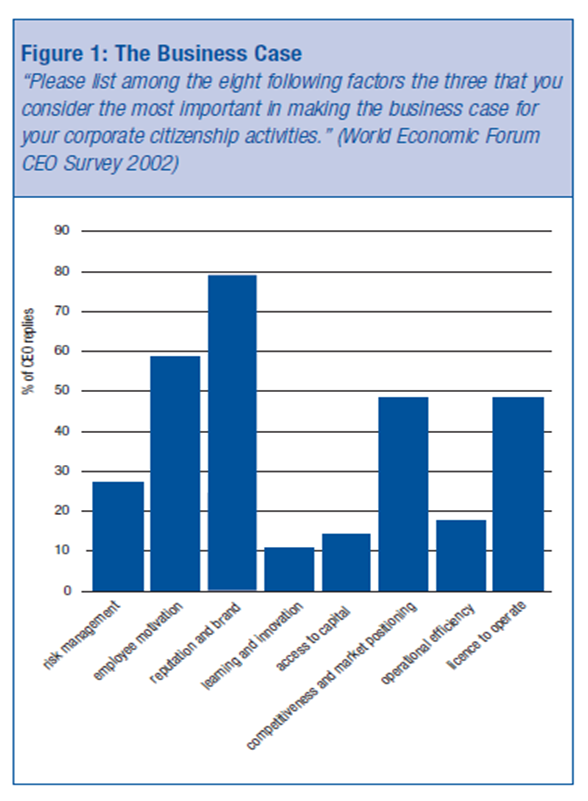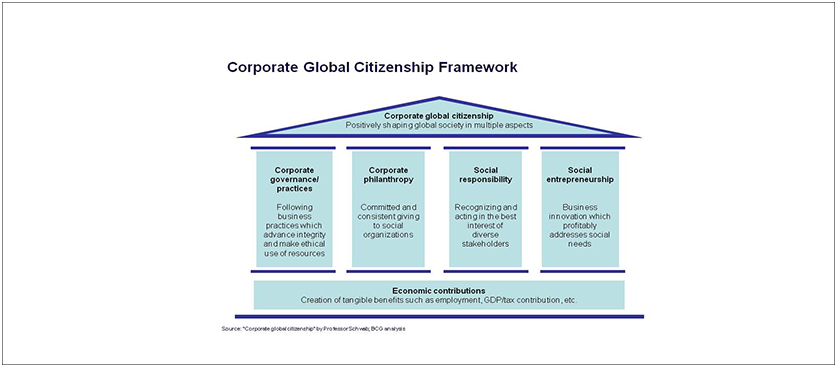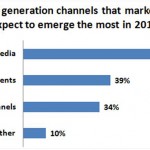A review of Global Corporate Citizenship
According to Klaus Schwab (2008), founder and Executive Chairman of the World Economic Forum,
„Global corporate citizenship means that companies must not only be engaged with stakeholders but be stakeholders themselves alongside governments and civil society. Since companies depend on global development, which in turn relies on stability and increased prosperity, it is in their direct interest to help improve the state of the world.”
The Global Corporate Citizenship extends the concepts of corporate social responsibility and corporate governance in the context of a globalized economy and global markets.
Due to more and more companies operating in global markets, as a result of liberalization of trade and financial markets and the advances in technology and communications (Locke n.d.), the issue of their global impact has been raised, not only in the shape of them benefiting from global resources, but also involving in global issues such as climate change, energy conservation etc (Schwab 2010).
An important moment in the development of the Global Corporate Citizenship was the signing of the joint statement by a task force of the World Economic Forum (in partnership with The Prince of Wales International Business Leaders Forum) , in the year 2002 (World Economic Forum 2002). Included in this statement was a Leadership Challenge endorsement, altogether with a recommendation of a Framework for Action. The purpose was that of proposing a framework for management teams and boards of directors to guide their companies into society and the relationships with global stakeholders. Concretely, this meant (World Economic Forum 2002):
- Companies’ commitment to being global corporate citizens is about the way they run their own businesses;

- Relationships with key stakeholders are fundamental to success inside and outside companies;
- Ultimate leadership for corporate citizenship rests with chief executives, chairmen and board of directors.
Immediately after, a survey among the initial signatory CEOs has been conducted to profile practical examples of leadership in action. Although with a rather small focus, the survey covered companies with headquarters in 16 countries and offers insights from 18 industries, both in the public and private sectors (World Economic Forum 2003).
Some of the most important findings are that (World Economic Forum 2003):
- The concept of corporate citizenship is moving beyond compliance and philanthropy to become a more strategic one to CEOs and boards of directors;
- Companies are in the early stages of defining global corporate citizenship and integrating it into their corporate strategies and management processes;
- There is a need to accommodate differences in culture, history, economic circumstances, industry sector and ownership structure, while promoting common values and learning from each other’s experiences.
More recently, the focus has been directed towards the public-private partnership to strengthen public governance, as a key aspect of Global Corporate Citizenship. At a 2008 meeting in Davos, 14 global CEOs signed a leadership statement calling businesses to strengthen relationships with the public sector, working with governments and other stakeholders and unify efforts in the direction of sustainable economic growth (World Economic Forum 2008).
Undoubtedly, more initiatives are to come in the area of Global Corporate Citizenship. For more about this initiative of the World Economic Forum, visit: http://www.weforum.org/en/initiatives/corporatecitizenship/index.htm.
References:
- Schwab, K 2008, „Global Corporate Citizenship. Working With Governments and Civil Society”
- World Economic Forum & The Prince of Wales International Business Leaders Forum 2002, „Global Corporate Citizenship. The Leadership Challenge for CEOs and Boards”
- World Economic Forum & The Prince of Wales International Business Leaders Forum 2003, „Responding to the Leadership Challenge. Findings of a CEO Survey on Global Corporate Citizenship”
- Gold Money Talk
- World Economic Forum, 2003

Tags: Klaus Schwab, Report Analysis, World Economic Forum





